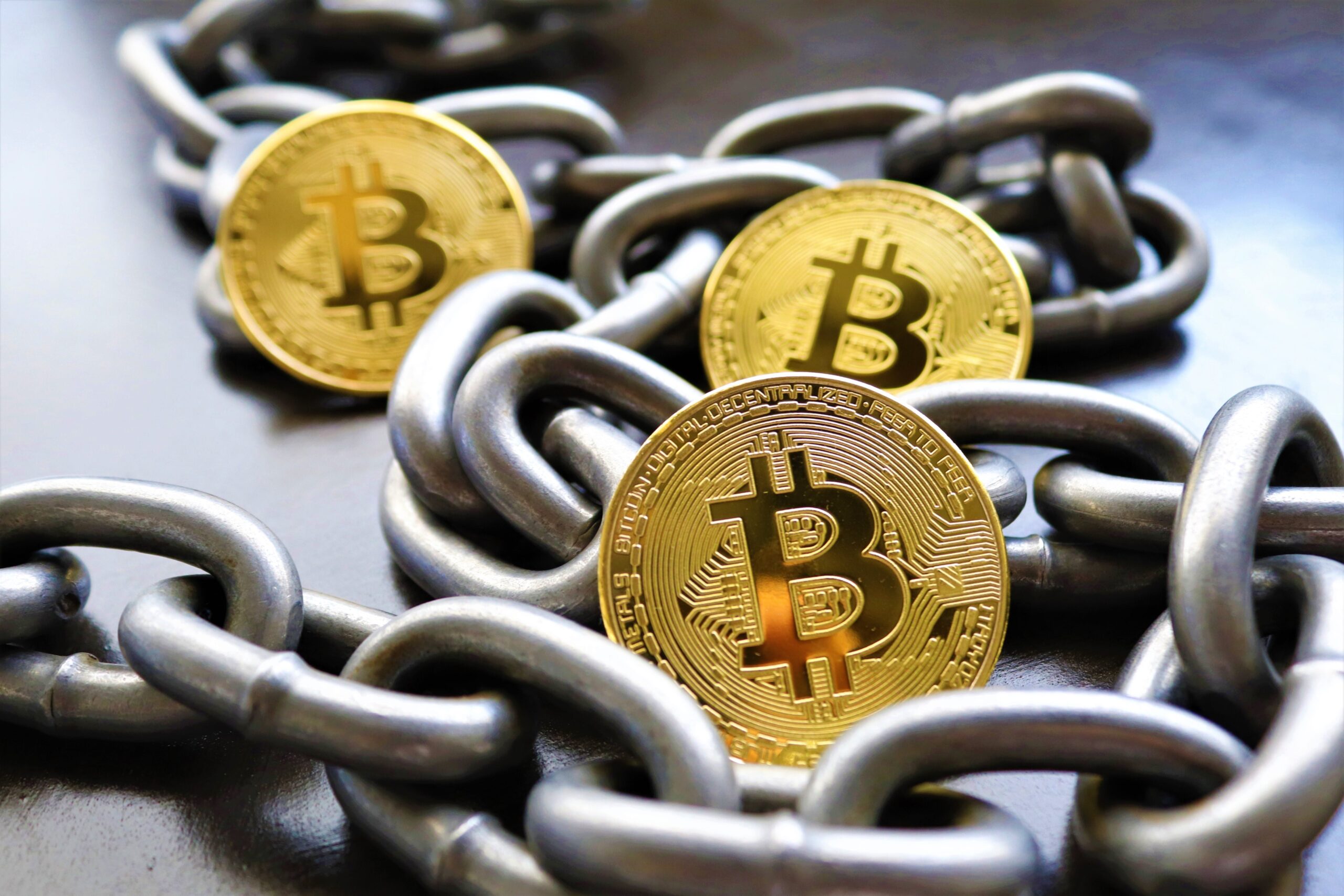Unveiling the Potential of Blockchain: Shaping the Digital Frontier
In a world dominated by digital innovation, understanding the technology that underpins it all is essential. Blockchain, often hailed as a game-changer, has been making waves across various industries. In this post, we will explore the fundamentals of blockchain, how it works, its real-world applications, and the transformative impact it has on our digital landscape.
What is Blockchain?
Let’s start with the basics. At its core, blockchain is a decentralized and distributed ledger technology that records transactions across multiple computers. These transactions are grouped into “blocks” and linked together, forming a continuous “chain.” This technology was originally created to support cryptocurrencies like Bitcoin, but its applications have expanded far beyond digital currencies.
How Does Blockchain Work?
Imagine a digital ledger that’s shared among multiple computers (nodes) in a network. When a new transaction occurs, it’s verified by the network and added to a block. Once a block is full, it’s linked to the previous block, creating a chain of blocks. This chain is stored on every participating computer, ensuring transparency and security. In simple terms, blockchain is like an unforgeable digital notary, maintaining a secure record of all transactions.
Transparency and Security
One of the key features of blockchain is its transparency. Since every participant in the network has access to the same ledger, anyone can view the entire transaction history. This openness and the inability to alter data without consensus make blockchain highly secure against fraud and unauthorized changes.
Real-World Applications
Blockchain technology is not just about cryptocurrencies; its potential applications are vast and transformative:
- Finance and Banking: Blockchain has disrupted the financial sector by enabling faster and more secure cross-border payments and reducing fraud. It has also given rise to decentralized finance (DeFi) platforms, offering financial services without traditional intermediaries.
- Supply Chain Management: From food safety to luxury goods, blockchain is used to track the origin and journey of products. This ensures transparency, quality, and authenticity, benefiting both producers and consumers.
- Healthcare: Medical records and patient data can be securely stored and shared using blockchain, improving data accuracy and patient privacy.
- Voting Systems: Blockchain can enhance the integrity of voting systems by ensuring the security and transparency of elections.
- Smart Contracts: Self-executing contracts written in code, known as smart contracts, automate and enforce agreements without the need for intermediaries.
- Digital Identity: Blockchain enables secure and portable digital identities, which can be used for everything from online services to border crossings.
Challenges and Concerns
While blockchain technology offers great promise, it’s not without challenges and concerns:
- Scalability: As the number of transactions grows, scalability becomes an issue. Networks like Bitcoin have faced challenges in processing a high volume of transactions quickly.
- Energy Consumption: The process of verifying and adding transactions (known as mining) can be energy-intensive, leading to concerns about environmental impact.
- Regulatory and Legal Issues: Blockchain’s decentralized nature can create regulatory and legal challenges, especially in industries heavily reliant on intermediaries.
The Future of Blockchain
As blockchain technology continues to evolve, its potential applications will expand. While there are challenges to overcome, ongoing research and development aim to address scalability and energy concerns. With the rise of blockchain-based ecosystems, decentralized applications, and the integration of blockchain into traditional systems, the future looks promising.
How to Get Involved
Interested in blockchain? Here’s how you can dive in:
- Educate Yourself: Learn about blockchain through online courses, books, and reputable sources to build a solid understanding of the technology.
- Join Communities: Engage with blockchain communities and forums to exchange ideas and stay updated on the latest developments.
- Invest Wisely: If you’re interested in cryptocurrencies, do your research and consider investment strategies carefully.
- Explore Development: If you have a technical background, consider learning to develop smart contracts and blockchain applications.
Conclusion
Blockchain is the backbone of a new digital era. Its transparency, security, and potential for innovation make it a technology worth understanding. As blockchain’s impact continues to shape our digital future, staying informed about its applications and potential will be increasingly valuable. So, whether you’re an enthusiast, a curious learner, or a potential innovator, the world of blockchain is open for exploration. Dive in and discover the transformative power of this technology.




